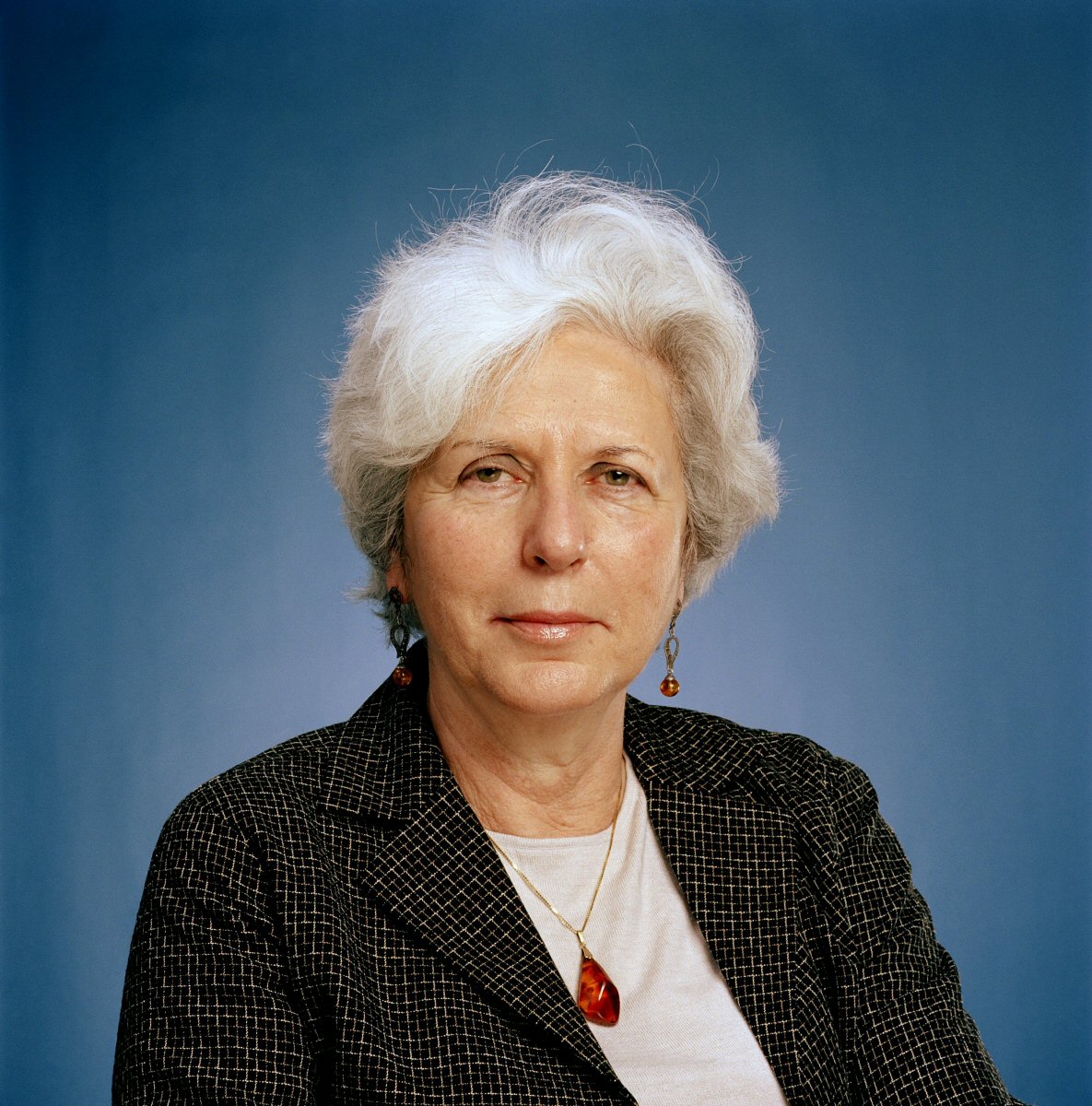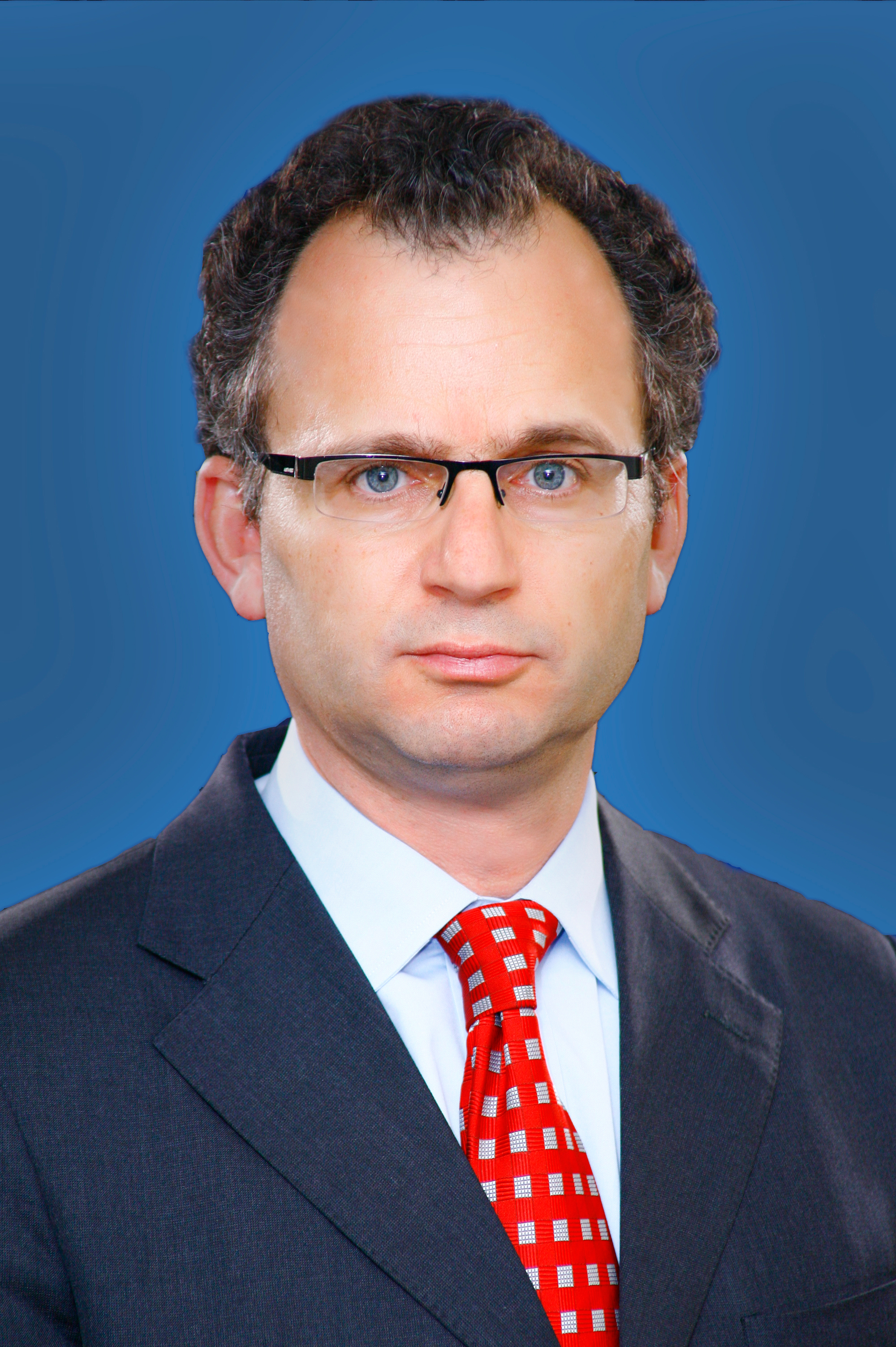{
"authors": [
"Marina Ottaway",
"Amr Hamzawy",
"Paul Salem",
"Rami Khoury",
"Talal Husayni"
],
"type": "event",
"centerAffiliationAll": "dc",
"centers": [
"Carnegie Endowment for International Peace"
],
"collections": [],
"englishNewsletterAll": "",
"nonEnglishNewsletterAll": "",
"primaryCenter": "Carnegie Endowment for International Peace",
"programAffiliation": "DCG",
"programs": [
"Democracy, Conflict, and Governance",
"Middle East"
],
"projects": [],
"regions": [
"North Africa",
"Egypt",
"Morocco",
"Kuwait",
"Yemen"
],
"topics": [
"Political Reform"
]
}
REQUIRED IMAGE
Beirut Launch of Secular Parties Paper
Wed, April 25th, 2007
Beirut, Lebanon
On April 25, the Carnegie Middle East Center hosted an open seminar led by Marina Ottaway and Amr Hamzawy in which they presented their latest paper, “Fighting on Both Fronts: Secular Parties in the Arab World.” Rami Khoury, Director of the Issam Fares Institute for Public Policy and International Affairs at the American University of Beirut, and Talal Husayni a noted political analyst and activist, provided comments on the paper. Paul Salem, director of the Carnegie Middle East Center, moderated the session. Over fifty members of the policy, research, media, and academic communities attended the event.
Ottaway and Hamzawy presented their findings relating to secular parties in Morocco, Egypt, Kuwait and Yemen. Arab secular parties define themselves in a variety of ways, ranging from nationalist and socialist to anti-colonialist, but they do not have a political agenda grounded in Islamism. Despite playing a key role in independence movements and enjoying considerable popular support over previous decades, successful and increasingly popular Islamist parties have overtaken this support. Ottaway and Hamzawy explored the factors contributing to Islamist parties’ successes in light of the popular losses suffered by secular parties as well as the current dynamics of rivalry and cooperation between Islamist and secular parties. They concluded by highlighting some of the strategies that secular parties might employ to revive their organizations, rebuild their constituencies, and regain public appeal.
Mr. Khoury assessed the general political context within which these parties operate, particularly with respect to the international environment at the relationships between the state and the economy, media, and civil society. Mr. Husayni reflected on secularism’s troubled history in the region. Presentations were followed by a question-answer session.
Carnegie does not take institutional positions on public policy issues; the views represented herein are those of the author(s) and do not necessarily reflect the views of Carnegie, its staff, or its trustees.
Event Speakers
Before joining the Endowment, Ottaway carried out research in Africa and in the Middle East for many years and taught at the University of Addis Ababa, the University of Zambia, the American University in Cairo, and the University of the Witwatersrand in South Africa.
Amr Hamzawy is a senior fellow and the director of the Carnegie Middle East Program. His research and writings focus on governance in the Middle East and North Africa, social vulnerability, and the different roles of governments and civil societies in the region.
Paul Salem is a senior fellow at the Middle East Institute.
Rami Khoury
Talal Husayni


